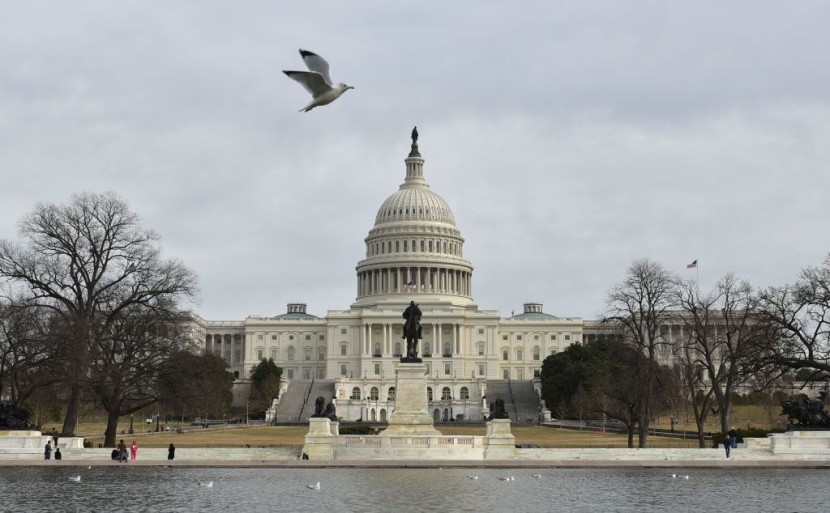
The United States Senate was able to strike a deal to provide $10 billion worth of funding for coronavirus relief on Monday, setting the chamber on a potential course to clearing the bill this week.
The compromise would reprogram billions of dollars of unused money from other COVID-19 bills to deliver funding for therapeutics, vaccine distribution, and testing. However, the new bill will not include the global pandemic aid that many Democrats and a handful of Republicans are seeking.
$10 Billion COVID-19 Package
On Monday afternoon, Senate Majority Leader Chuck Schumer and Sen. Mitt Romney of Utah announced the deal. Schumer lamented that what was once $5 billion in global vaccine aid was now a goose egg. The Republican senator said that he was "willing to explore a fiscally responsible solution to support global efforts in the weeks ahead" in the next few days.
Schumer added that, while the emergency funding was absolutely necessary, it was still short of what was enough to keep the country and its people safe. He added that United States President Joe Biden supported the package and has already asked the Senate and House to act quickly to help it move forward, as per Politico.
At least $5 billion of the funding will be used to purchase and develop COVID-19 treatments, including antiviral pills. Another $750 million will be used to develop vaccines that would target specific variants and to expand vaccine manufacturing in the United States if needed.
While the $10 billion package offers much-needed funding to the health sector, it is less than half of the $22.5 billion that Biden initially requested. Furthermore, the new deal does not include funding to support the administration's plans to increase vaccinations worldwide.
According to CNBC, in a statement, White House Press Secretary Jen Psaki said that every single dollar that the Biden administration requested was essential. She noted that the White House was planning to work together with Congress to get more aid to the American people.
Bipartisan Support
The failure of Biden and top Democrats to ensure additional spending came after they gridlocked with Republicans over the latter's demands. The GOP wanted to pay for the bill by pulling back unspent aid from earlier pandemic measures. The situation also reflected the diminished political force that fighting against COVID-19 has this election year.
What remained uncertain on Monday was whether or not some Republicans would object to the bill and prevent the Senate from considering the bill this week. Furthermore, it was not certain if there would be the minimum 10 GOP votes needed for the passage in the evenly split chamber.
The fate of the bill was also not certain in the House where House Speaker Nancy Pelosi and many other liberals have expressed criticism of the removal of global assistance. However, party leaders signaled that they were ready to compromise.
On the other hand, House Majority Leader Steny Hoyer said that all the Senate could do was a compromise as regrettable as it made him feel. One senior House Democratic aide who spoke on the condition of anonymity described the internal thinking of the government, saying it was best to take what was achievable now and fight for more funding later on, the Associated Press reported.
Related Article:








